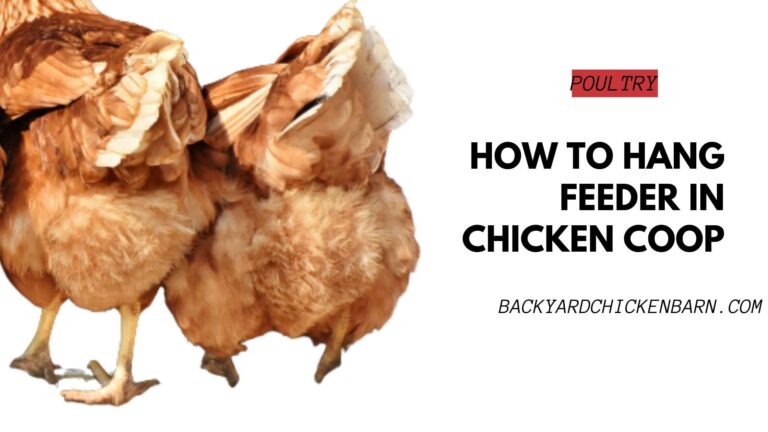Middleboro Bylaws on Having Chickens
Middleborough, Massachusetts, is a town that recognizes the importance of agriculture and local food production. The town’s regulations regarding the keeping of chickens are influenced by both local bylaws and state laws. Understanding these regulations is crucial for residents interested in raising chickens responsibly and legally.
Local Regulations
Middleborough has enacted a “Right to Farm” bylaw, which supports agricultural activities within the town. However, this bylaw primarily applies to commercial farming operations and may not extend to all residential areas. It’s essential to consult the town’s zoning bylaws and health regulations to determine the specific rules applicable to your property.
State Regulations
At the state level, Massachusetts law provides guidelines for the keeping of poultry. The Massachusetts Department of Agricultural Resources (MDAR) offers resources on best practices for raising chickens, including biosecurity measures, disease prevention, and proper housing. Additionally, the Massachusetts Farm Animal Coalition provides information on animal welfare standards and regulations.
Permits and Inspections
Depending on the number of chickens and the type of housing (e.g., coop or stable), a permit may be required. For example, maintaining a stable requires a permit from the Board of Health, which includes specific requirements for location, construction, and waste management. It’s advisable to contact the Middleborough Board of Health to inquire about any necessary permits and to schedule inspections if required.
Best Practices for Keeping Chickens
- Housing: Provide a secure, predator-proof coop that offers adequate space, ventilation, and protection from the elements.
- Feeding: Supply a balanced diet appropriate for the age and breed of your chickens, ensuring access to clean water at all times.
- Health Management: Regularly monitor your flock for signs of illness, and maintain a clean environment to prevent disease.
- Waste Management: Implement a composting system or other methods to manage manure responsibly, minimizing odor and potential water contamination.
- Neighbor Relations: Communicate with neighbors about your plans to keep chickens, addressing any concerns they may have regarding noise, odor, or other issues.
Resources and Contacts
For more detailed information or to get in touch with the appropriate departments, consider the following resources:
- Middleborough Board of Health
20 Center Street
Middleborough, MA 02346
Phone: 508-946-2408
Website: https://www.middleborough.com/board-of-health - Massachusetts Department of Agricultural Resources (MDAR)
251 Causeway Street, Suite 500
Boston, MA 02114
Phone: 617-626-1700
Website: https://www.mass.gov/orgs/massachusetts-department-of-agricultural-resources - Massachusetts Farm Animal Coalition
Website: https://www.massfarmanimals.org/
Conclusion
Raising chickens in Middleborough can be a rewarding endeavor, contributing to local food production and sustainability. By adhering to local and state regulations, implementing best practices for animal care, and maintaining open communication with neighbors, you can ensure a positive experience for both your flock and the community.


